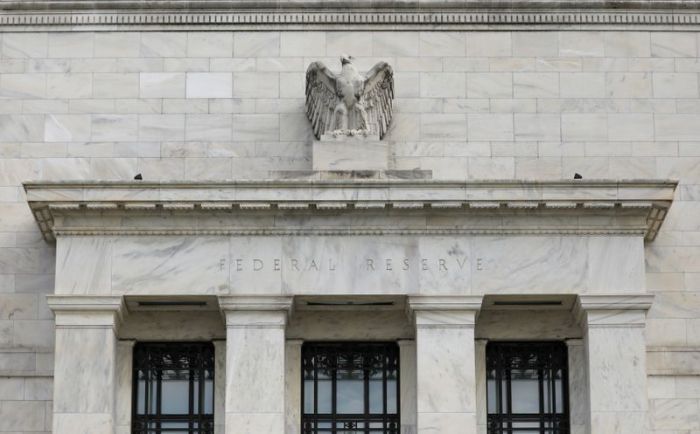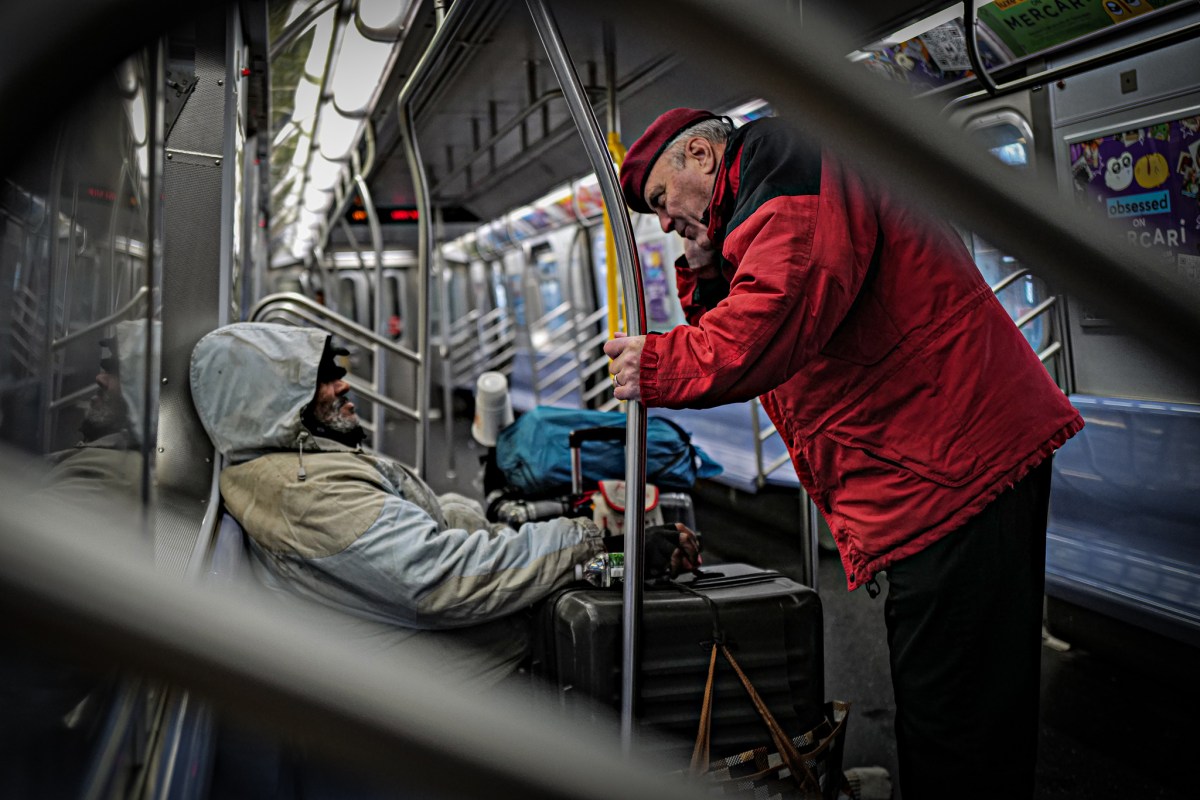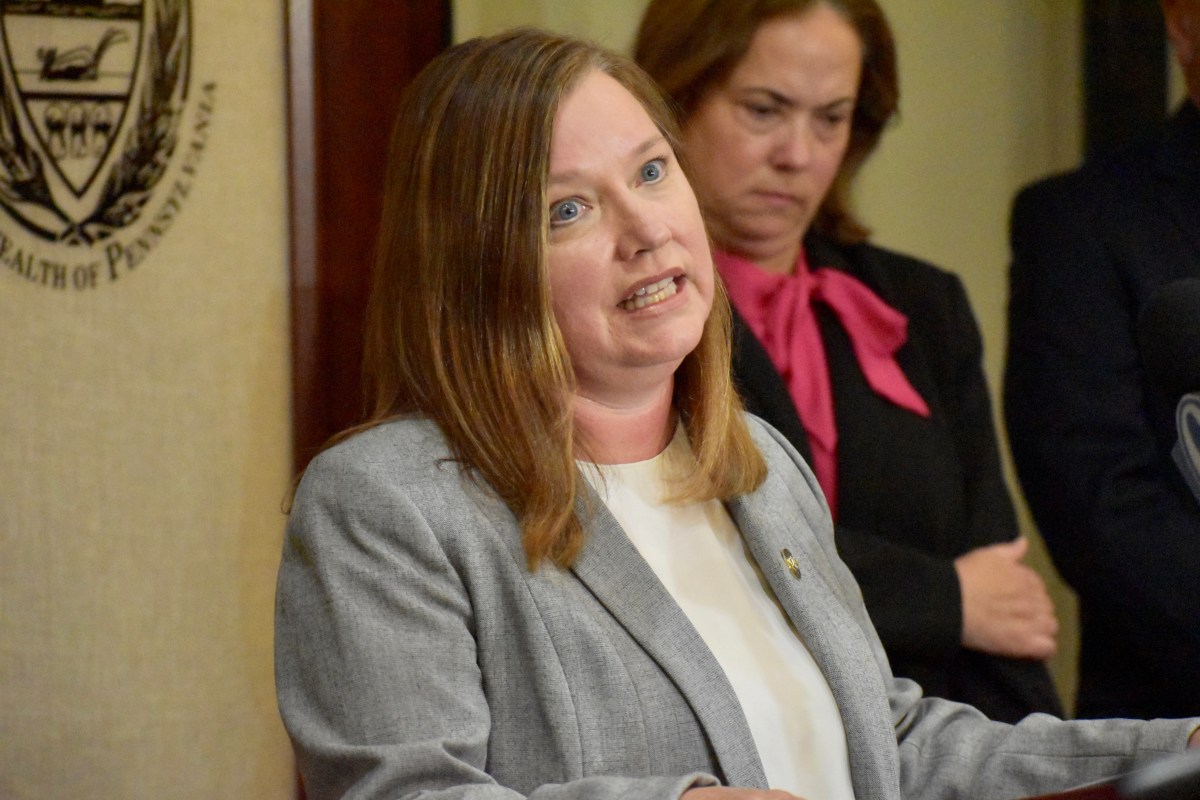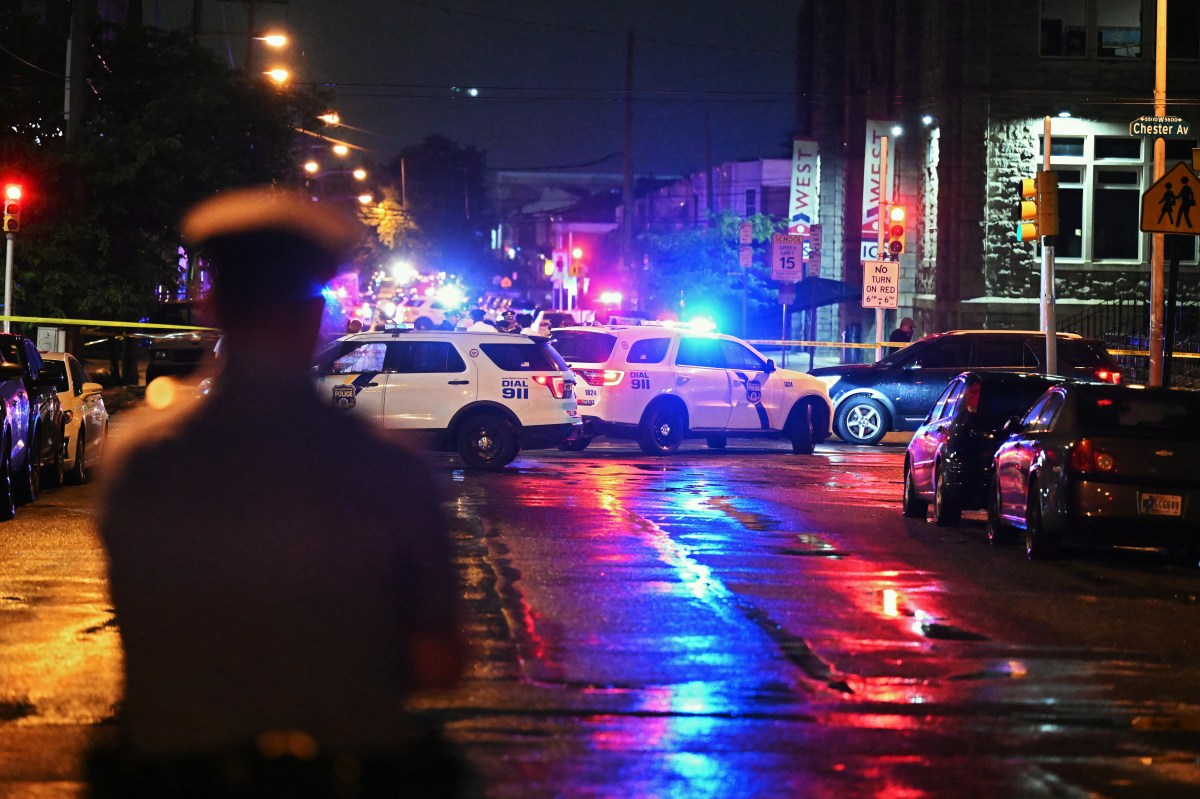(Reuters) – Here’s what you need to know about the coronavirus right now:
Regeneron antibodies in demand
Patients are asking to join clinical trials of antibody-based COVID-19 drugs after U.S. President Donald Trump was treated with an experimental therapy from Regeneron Pharmaceuticals Inc. On Wednesday he touted its benefits while promising to make it free to Americans.
Medical experts said more data is needed to assess the treatment’s efficacy before wider use should be allowed.
Regeneron’s drug is a cocktail of two monoclonal antibodies – manufactured copies of antibodies that are one of the main weapons the immune system generates to fight infections.
Pentagon risk grows
The U.S. Marine Corps said its No. 2 officer, General Gary Thomas, had tested positive for COVID-19, becoming the second senior military official to do so this week. Thomas, the Marine Corps’ assistant commandant, is suffering mild symptoms and is self-quarantining at home, it said.
Nearly all the Joint Chiefs of Staff, including its chairman, Army General Mark Milley, are in quarantine after attending top-level meetings last week with Thomas and the Coast Guard’s No. 2 official, Admiral Charles Ray, who tested positive on Monday.
Europe stocks up on remdesivir
Gilead Sciences said it had agreed to sell Europe up to 500,0000 courses of its antiviral drug remdesivir, as the continent shores up supplies of one of only two drugs approved to treat COVID-19 patients.
The deal will cover purchases of the drug for the next six months for 37 countries: the 27-nation European Union, Britain, six Balkan countries and the other European Economic Area countries – Iceland, Liechtenstein and Norway.
Several European countries have said they are experiencing shortages of the drug, whose global stock has been secured almost entirely by the United States.
Germany’s cases start to spiral
The daily tally of new coronavirus cases in Germany leapt by almost half, official data showed on Thursday, a day after ministers agreed emergency measures to tamp down on domestic tourism.
The number of confirmed coronavirus cases increased by 4,058 to 310,144, a rate not seen since April, lending weight to officials’ warnings that Germany is headed down the path of its neighbours if citizens don’t adhere to rigid social distancing.
Berlin and Frankfurt have already imposed a curfew on evening entertainment.
Warsaw to face new curbs
Poland’s daily coronavirus cases surged over 40% on Thursday compared to the previous day, just as the capital Warsaw was set to be added to a list of areas with additional restrictions.
Poland faces spiralling infection rates, and while authorities have sought to reassure the public that hospitals can cope, doctors have warned that the system could soon face serious difficulties.
Other central and eastern European countries are also facing sharp increases, with the Czech Republic and Slovakia both reporting record numbers of cases on Thursday.
(Compiled by Linda Noakes; Editing by Frances Kerry)


























